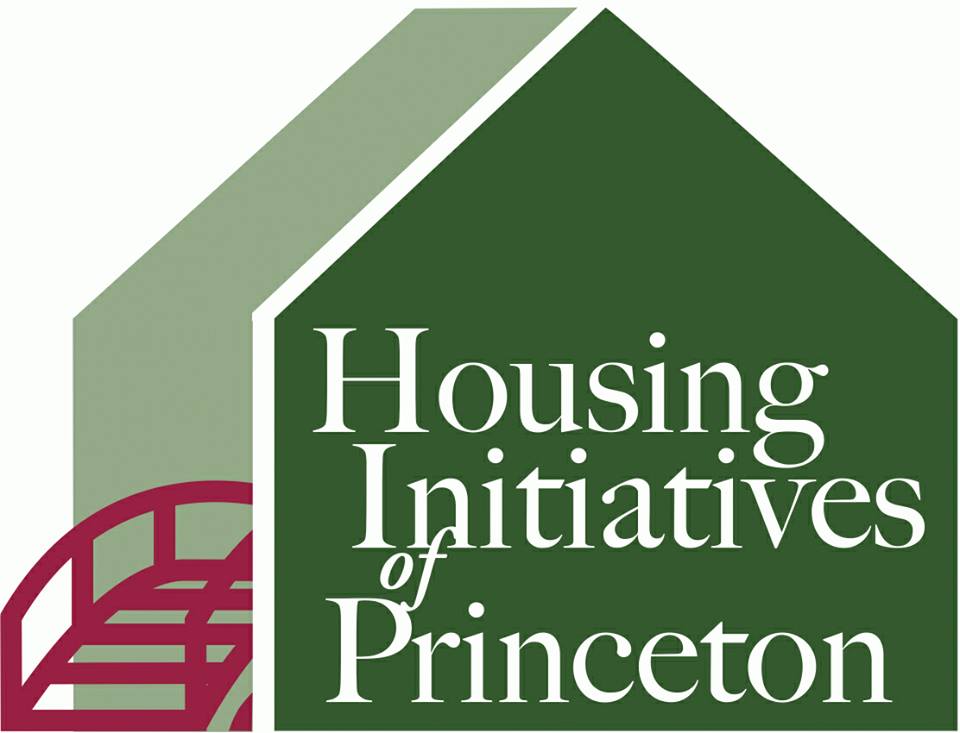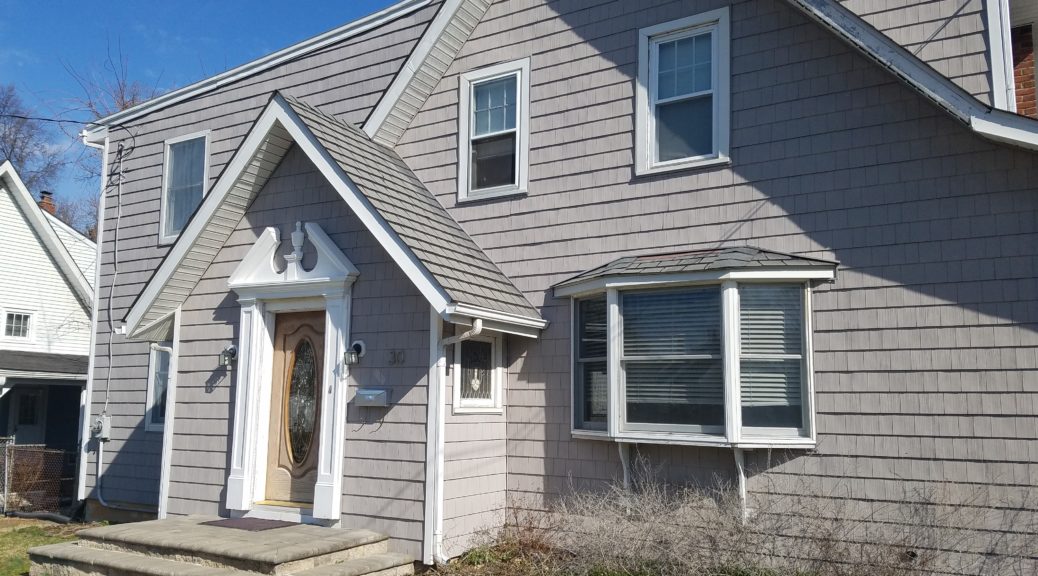By Rebecca Heath
Mary Gay Abbott-Young may have recently retired from a 50-year stint as CEO of the Rescue Mission of Trenton, but the veteran advocate who led the organization through a period of evolution and growth, says she “never worked a day in her life.”
“I’ve had a wonderful career and met some of the most amazing people from our community, from New Jersey, and really, in some cases, from well beyond the New Jersey borders,” Abbott-Young said in an interview with The Streetlight.
Abbott-Young, who concluded her career at the Mission in June, has always been driven by a passion for service. Following a brief stint as a volunteer with the AmeriCorps VISTA, she landed her first role at the organization in 1978 as a program coordinator, shortly after graduating from Temple University with a degree in social work. “I loved [the Mission] from the day I got there,” Abbott-Young said.
The social justice trailblazer subsequently moved up the ranks, becoming CEO and the first woman to lead the long-standing nonprofit in 1986.
As a woman asserting her place in the organization, Abbott-Young recalls facing stigma from her male counterparts. While interviewing for her role, she said she was asked if she was married and if she was going to have children, to which she replied, “I don’t think you’re allowed to ask that question anymore.”
“You can imagine this young woman, fighting, coming out of the women’s movement and ready to take on everything,” she said. “And [I] get this conservative guy, who has the nerve to ask a question like that.”
Despite the initial challenges, Abbott-Young said she and her co-workers were united by a common desire: “To make the Rescue Mission the best place it could be for those people we served.”
Throughout her tenure as CEO, Abbott-Young says she was amazed by the resilience of the Mission’s patrons and the collective efforts among nonprofits, government agencies and private sector organizations to address the growing issue of homelessness in Mercer County. Abbott-Young cited initiatives such as the Continuum of Care Program, which has helped alleviate the homelessness crisis through providing funding for efforts by nonprofit providers.
“The stars have all lined up throughout my career with very, very few exceptions,” she said
However, at the root of the homelessness crisis is economic poverty, which “opens up an entire world of different issues,” Abbot-Young said. In order to create a systemic impact in alleviating poverty, issues like racial, economic and educational inequality must first be addressed, she explained.
“Unless we are willing to move into those areas, all of the wonderful progress that we’re making will continue to be individual based rather than system based,” she said.
For the Mission, Abbott-Young said the biggest hurdle in effectively serving the community has always been finances. While her predecessor refused government funding, even as the organization was “close to closing,” gaining support from local, state and federal agencies marked a pivotal step in the organization’s history.
“We had a knock-down fight about it, but I believed we had to accept it to keep serving people,” she said. “Eventually, he agreed to support my direction. That was a pivotal change for the Rescue Mission.”
“The culture changed when we took government funding,” she added. “But the support from the state, business community, and government was remarkable. Instead of pushing people away, they were asking, ‘How can we help you help these people?’”
Since its inception in 1915, the Mission has grown to encompass a shelter, behavioral health center, a thrift store, food pantry and vocational development services. In the last year, the organization has helped more than 4,000 individuals and served nearly 200,000 meals, according to the Mission’s website.
“The organization has never missed a day of service,” Abbott-Young said. “We never failed to open that shelter door. We never failed to be there for them and to keep our residents who were in treatment for behavioral health issues safe in a residential building. That was not the work of a lone CEO. It is the work of the entire organization’s dedication.”
Despite her decades of service and transformative leadership, Abbott-Young considers her greatest accomplishment to be raising her two children. Her daughter, who is now an attorney, advocates for homeless families at HomeFront, and her son, Barrett Young, has succeeded her as CEO of the Mission.
Although Abbott-Young said stepping down from her post was “more bitter than sweet,” she realized during the Covid-19 pandemic that her “lack of ability to use technology was a deficit to both me and the organization.”
“If you could figure out how to make me 50 years younger and I can start my career again at the rescue mission, I’d be happy to do so,” she said.
As she looks ahead to the future of the organization, Abbott-Young said she hopes whenever someone steps on to the Rescue Mission’s property, the first question will always be, “Did you eat today?”
“And second, I pray that everyone who interacts with our clients is able to look in that person’s eyes and see not only their pain, but also see their potential.”












